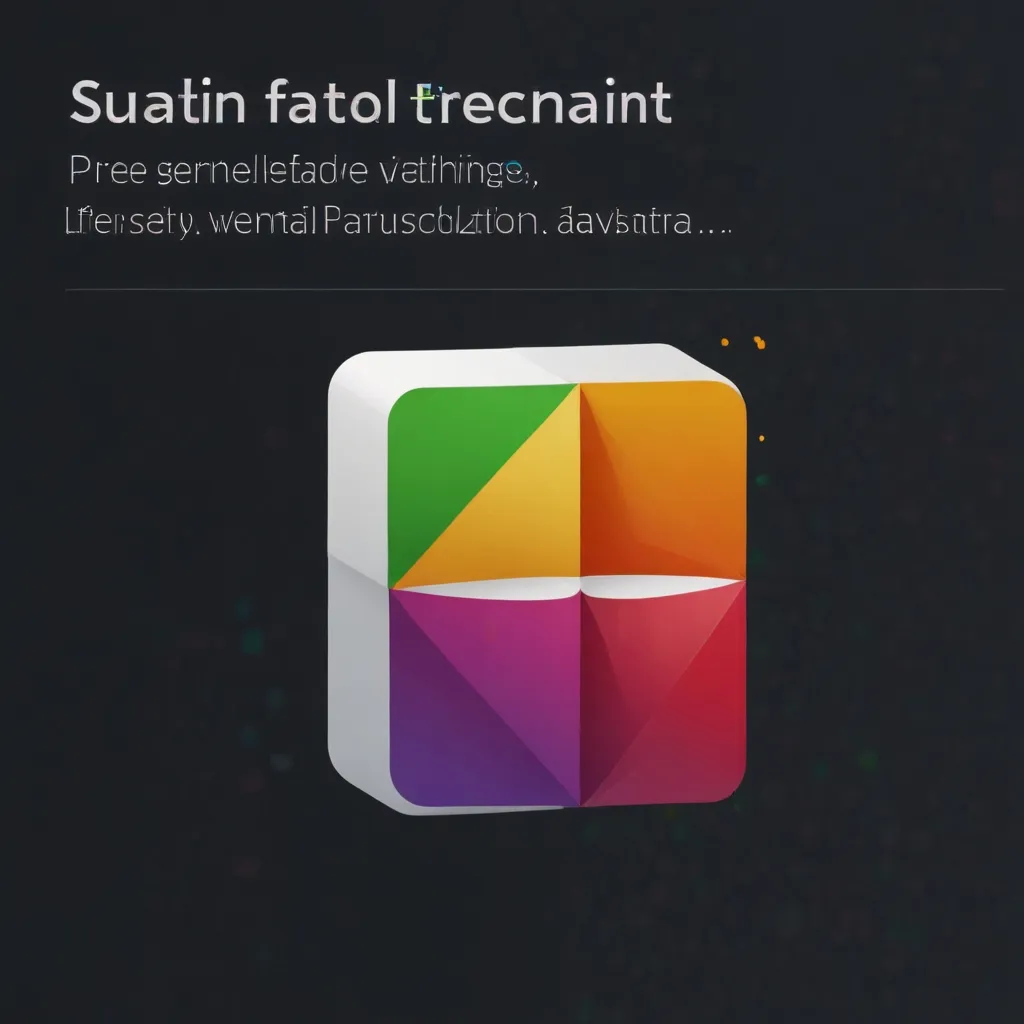When diving into the world of building web applications with Node.js, you’ll eventually stumble upon AdonisJS. It’s this cool, TypeScript-first framework that takes the pain out of development and just feels right, especially if you’re looking for something stable and powerful.
So, why AdonisJS? Well, think of it as the Node.js equivalent of Laravel, that super popular PHP framework. It borrows a lot of great concepts like dependency injection and service providers, making your code cleaner and easy to maintain. Plus, it has strong developer ergonomics, so you’re not bogged down with boilerplate code and can focus more on the actual logic of your app.
Getting started with AdonisJS is pretty straightforward. You need Node.js and npm installed on your system. From there, you just install the Adonis CLI globally using npm, which helps you quickly set up new projects. Start your project, fire up the development server, and you’re off to the races.
Let’s chat about the core features. AdonisJS uses the tried-and-true MVC (Model-View-Controller) architecture. It organizes your code into models, views, and controllers, making your codebase more structured and much easier to handle. Then there’s Lucid ORM, which is one of AdonisJS’s standout features. Lucid is their built-in Object-Relational Mapper that lets you interact with databases using a smooth, expressive JavaScript syntax. It’s all about making database operations feel natural and efficient.
Now, tackling user management is a breeze with AdonisJS because it has built-in support for authentication and authorization. You get tools for handling sessions, JWT tokens, and more, all integrated right into the framework. And when it comes to testing your code, AdonisJS integrates seamlessly with testing frameworks like Jest, streamlining your workflow. Testing helps you write robust, maintainable code that won’t crumble under pressure.
The developer experience with AdonisJS is just on another level. It leverages modern JavaScript, including ES modules and Node.js sub-path imports, so you’re always working with the latest tech. Plus, it supports TypeScript, which means type safety and fewer runtime errors. Happy days!
AdonisJS also boasts a modular design. You only include the functionalities you need, leaving out unnecessary bloat. This keeps your application lean and mean. Performance-wise, AdonisJS is a beast. It comes with one of the fastest validation libraries around, and its HTTP server has performance that can compete with the likes of Fastify.
Though AdonisJS might not have the largest community out there, it’s super dedicated and supportive. The official documentation is stellar too. It’s comprehensive and well-organized, making it easier for newcomers. But bear in mind, AdonisJS has a bit of a learning curve. The MVC structure, the focus on TypeScript, and the unique features may need some getting used to. However, once you’re over that hill, the code is much cleaner and more maintainable.
AdonisJS shines in real-world use cases. It’s especially great for projects requiring a structured approach, like backend web applications and those needing relational databases. If you’re comfortable with TypeScript and appreciate an MVC pattern, you’ll probably fall in love with AdonisJS.
Perhaps you’re curious how this all works in practice. Let’s take a simple example of creating a RESTful API using AdonisJS. Here’s how you’d set up a controller for handling CRUD operations for a resource like “users”:
// app/Controllers/Http/UsersController.ts
import { HttpContextContract } from '@ioc:Adonis/Core/HttpContext'
import { User } from 'App/Models/User'
export default class UsersController {
public async index({ response }: HttpContextContract) {
const users = await User.all()
return response.json(users)
}
public async store({ request, response }: HttpContextContract) {
const userData = request.only(['name', 'email'])
const user = await User.create(userData)
return response.json(user)
}
public async show({ params, response }: HttpContextContract) {
const user = await User.find(params.id)
return response.json(user)
}
public async update({ params, request, response }: HttpContextContract) {
const user = await User.find(params.id)
user.merge(request.only(['name', 'email']))
await user.save()
return response.json(user)
}
public async destroy({ params, response }: HttpContextContract) {
const user = await User.find(params.id)
await user.delete()
return response.json({ message: 'User deleted successfully' })
}
}
In this snippet, AdonisJS handles the creation, reading, updating, and deletion (CRUD) of users in a neat and structured way. It showcases how the framework simplifies building RESTful APIs with its built-in tools for database operations.
In conclusion, AdonisJS stands out as a powerful, developer-friendly framework perfectly suited for building robust and scalable web applications with Node.js. Its emphasis on stability, performance, and overall developer experience makes it a top choice for anyone looking to develop structured and maintainable applications. Whether you’re a newbie to Node.js or a seasoned developer tackling complex projects, AdonisJS is definitely worth a shot. It just might become your go-to framework.






